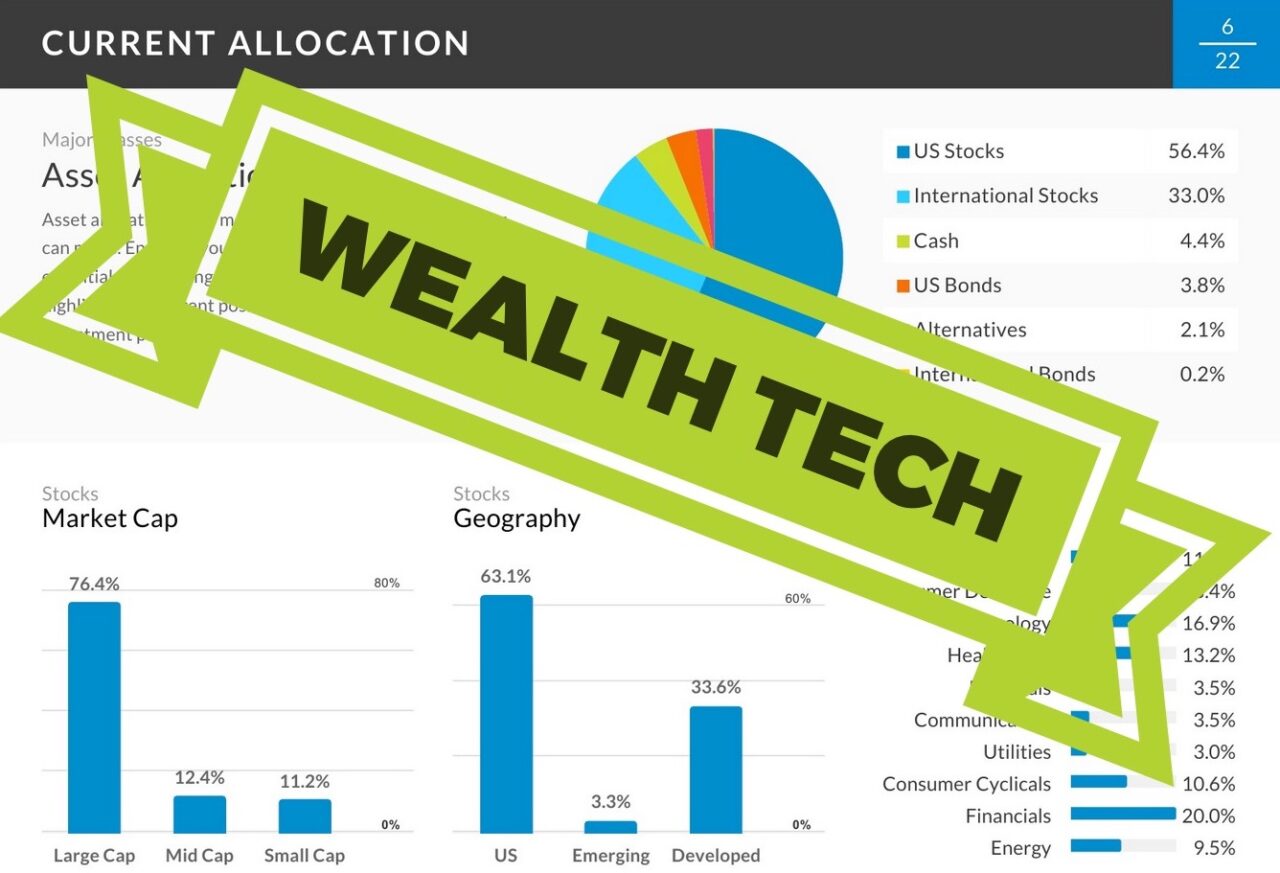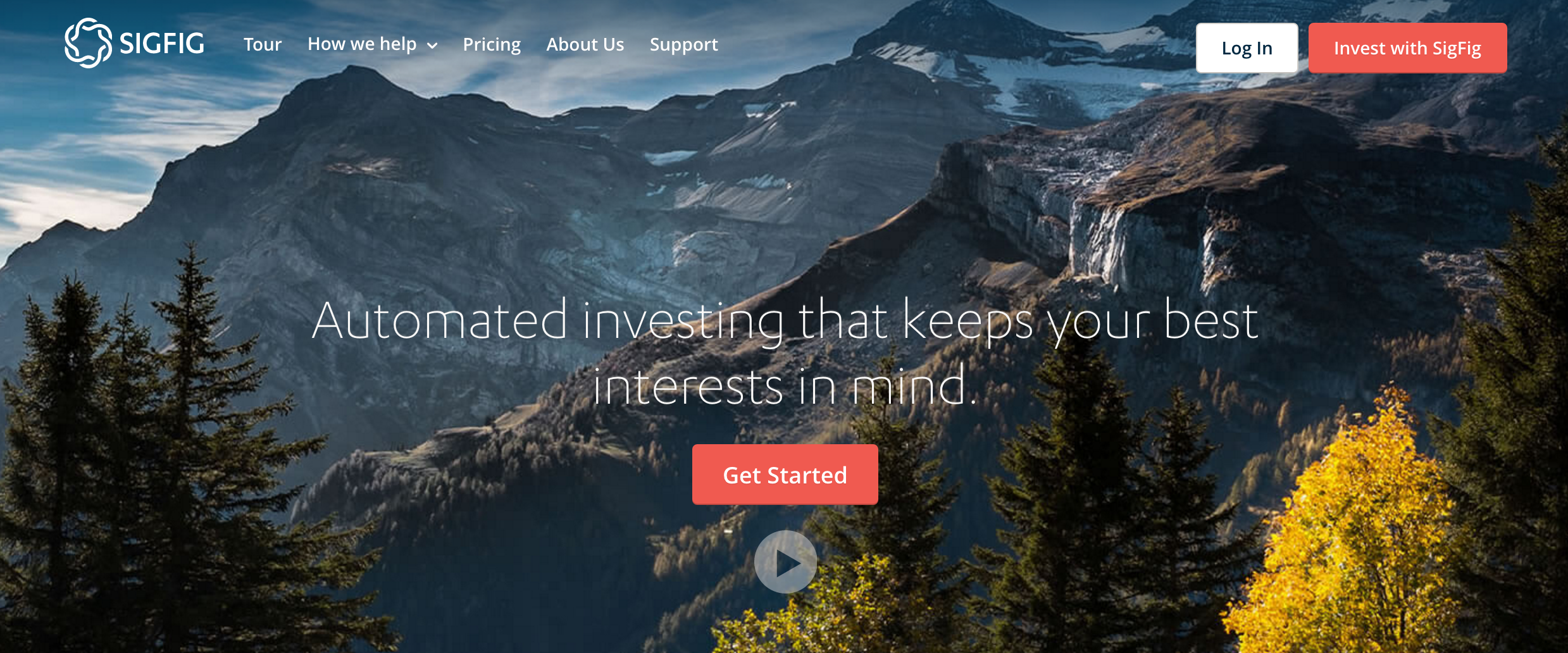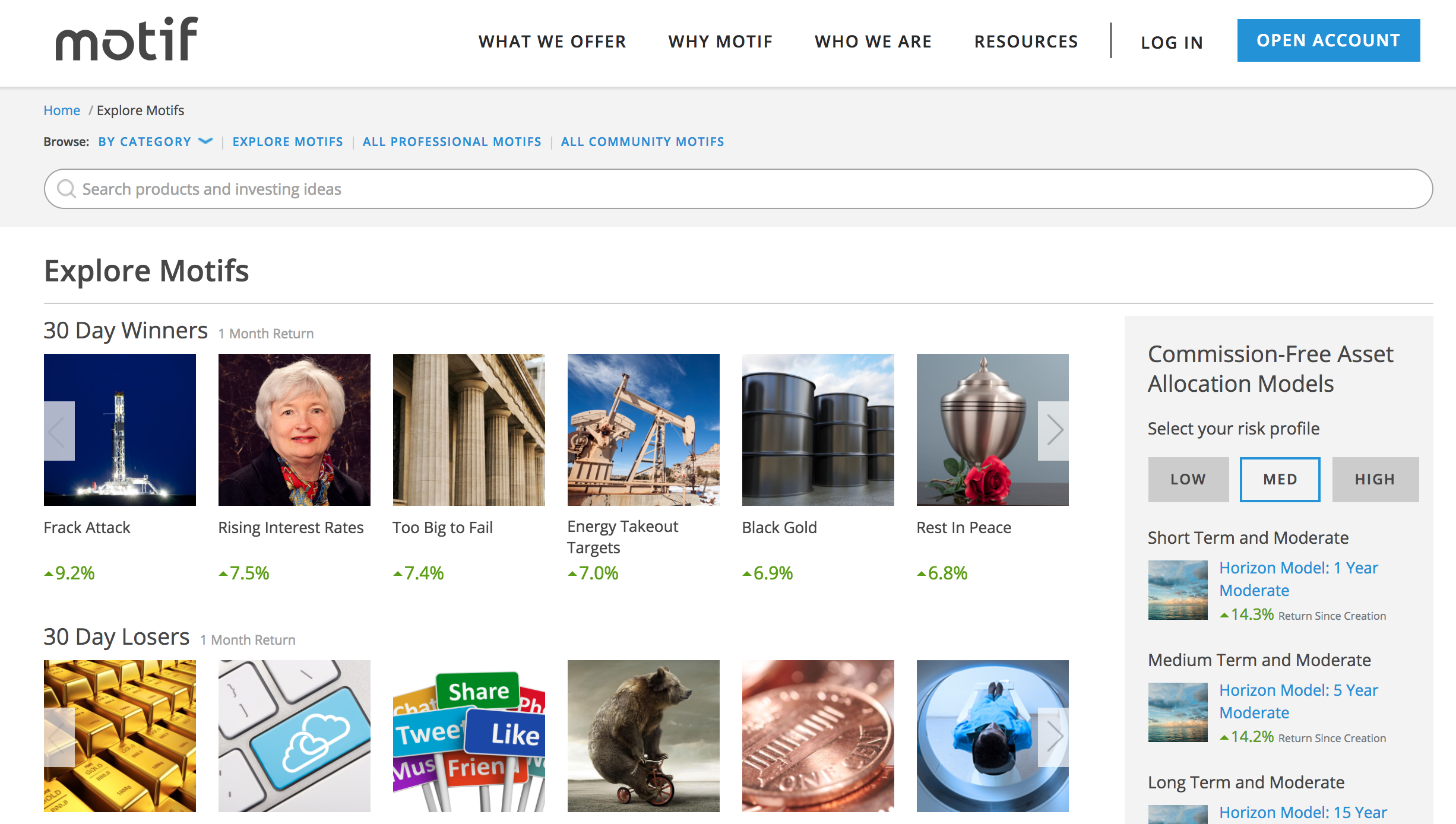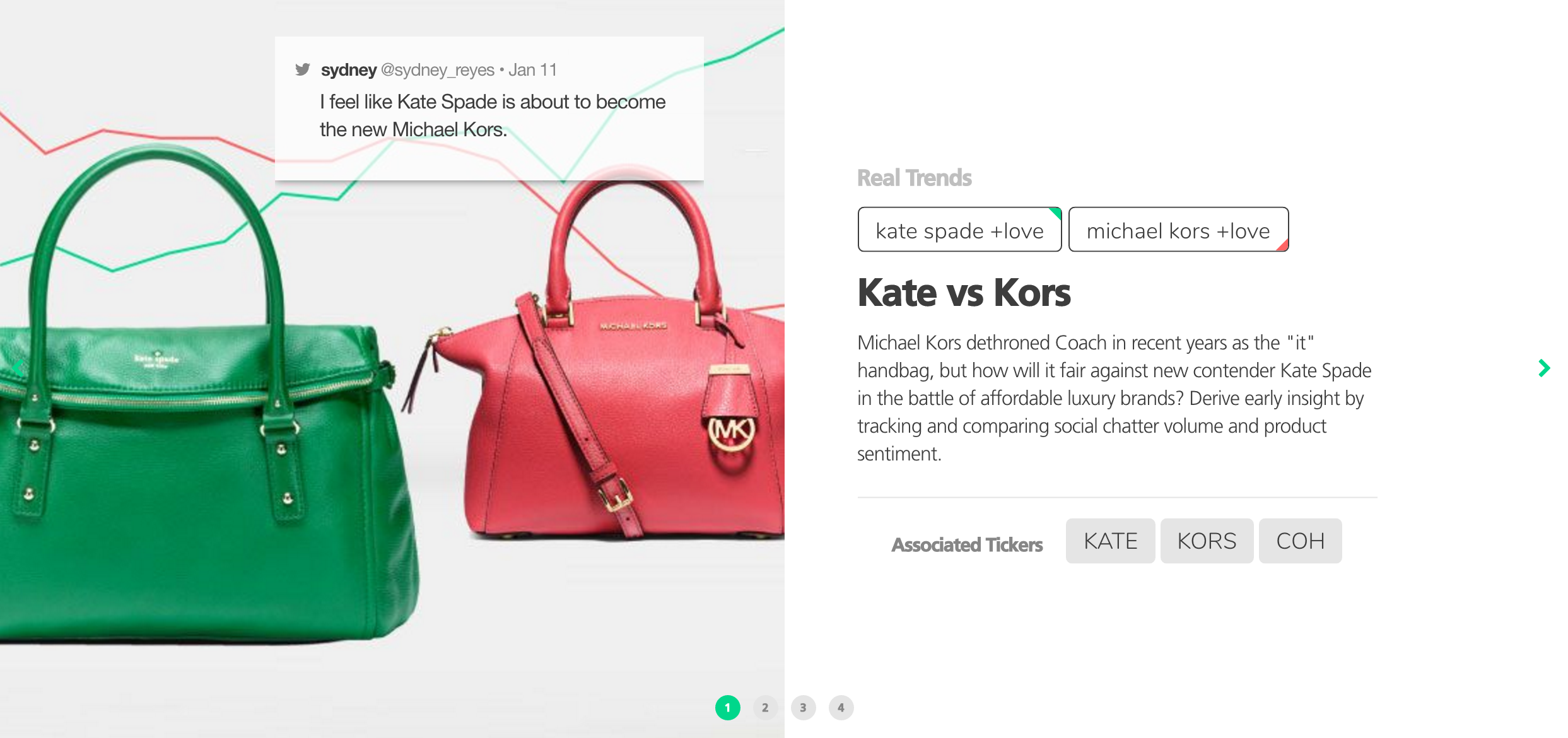
Our wealthtech industry coverage continues this week. We looked at the industry last week and reviewed the top trends earlier this month. Today we’re taking a look at industry players with B2C offerings—in other words, companies that market directly to consumers and not through businesses.
Since wealthtech is broader than just roboadvisers, we’ve divided B2C wealthtech players into seven categories and laid out our top picks for each group. Since category sizes vary, the number of our selections also vary.
Top in-house builds from traditional players
These are offerings from traditional wealth management firms that have been built in-house (or purchased and then white-labeled) and marketed under the firm’s brand.
Fully automated roboadvisers
These are online platforms that provide automated, algorithm-based portfolio management without intervention from human advisers and without personalized, one-on-one conversations with a human adviser.
 Acorns takes a unique approach by linking a user’s debit card and investing their “spare change”
Acorns takes a unique approach by linking a user’s debit card and investing their “spare change”
Hybrid roboadvisers
These are traditional advisory services, including personalized conversations and actively managed portfolios blended with computerized portfolio recommendations. Business Insider reports hybrid roboadvisers will manage 10% of all investable assets by 2025.
 SigFig has partnered with multiple banks, including Wells Fargo, Pershing, and Citizens Bank
SigFig has partnered with multiple banks, including Wells Fargo, Pershing, and Citizens Bank
Non-U.S. roboadvisers
Alternative investing platforms
These are platforms that link participants to unconventional investment types, such as private equity, hedge funds, futures, real estate, etc.
 With Motif, uses invest in grouped stocks and ETFs that revolve around a common theme
With Motif, uses invest in grouped stocks and ETFs that revolve around a common theme
Non-U.S. alternative investing platforms
News and information companies
These are online platforms that help users discover news and market trends before they go mainstream. Some include social networking aspects.
 TickerTags helps users discover trends even before they become news
TickerTags helps users discover trends even before they become news


 SigFig has partnered with multiple banks, including Wells Fargo, Pershing, and Citizens Bank
SigFig has partnered with multiple banks, including Wells Fargo, Pershing, and Citizens Bank With Motif, uses invest in grouped stocks and ETFs that revolve around a common theme
With Motif, uses invest in grouped stocks and ETFs that revolve around a common theme TickerTags helps users discover trends even before they become news
TickerTags helps users discover trends even before they become news

 Presenters
Presenters Steven Gall, VP Engineering
Steven Gall, VP Engineering